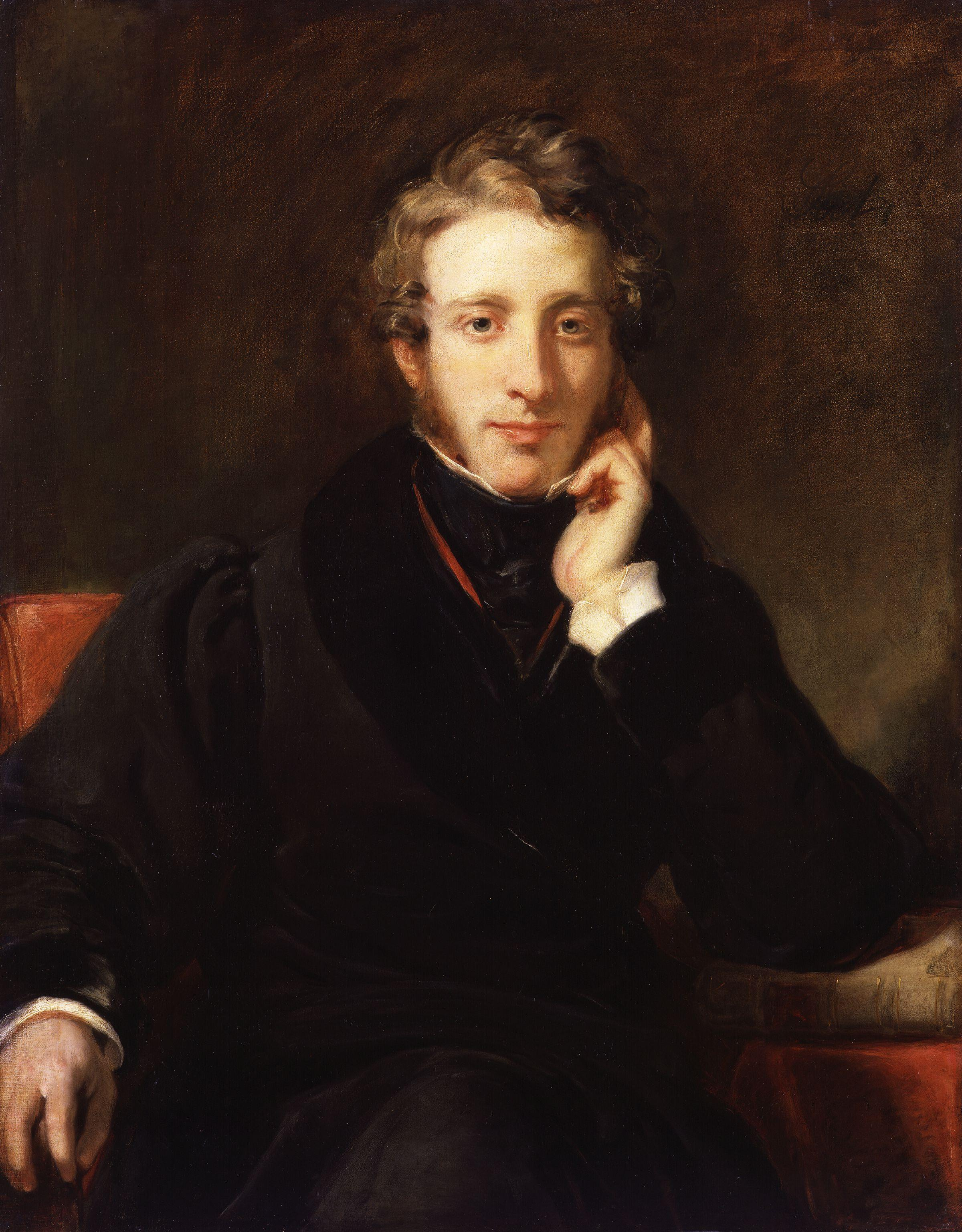“El genio hace lo que debe y el talento lo que puede.”
Fuente: Ortega Blake, Arturo. El gran libro de las frases célebres. Editorial Penguin Random House Grupo Editorial México, 2013 ISBN 978-60-7311-631-2.
Edward George Earle Bulwer-Lytton, primer barón Lytton , fue un poeta, novelista, dramaturgo, político y periodista británico. Lytton fue un popular escritor de su tiempo que acuñó frases como «La pluma es más fuerte que la espada» y «Perseguir al todopoderoso dólar». Hoy se recuerda mejor su tópico: «Era una obscura y tormentosa noche...».
Su hijo Robert Bulwer-Lytton, Primer Conde de Lytton, fue virrey de la India desde 1876 a 1880.
Wikipedia

“El genio hace lo que debe y el talento lo que puede.”
Fuente: Ortega Blake, Arturo. El gran libro de las frases célebres. Editorial Penguin Random House Grupo Editorial México, 2013 ISBN 978-60-7311-631-2.
“El destino se ríe de las probabilidades.”
Fuente: Palomo Triguero, Eduardo. Cita-logía. Editorial Punto Rojo Libros,S.L. ISBN 978-84-16068-10-4. p. 94.
“El amor es la actividad del ocioso y el ocio del hombre activo.”
Fuente: Amate Pou, Jordi. Paseando por una parte de la Historia: Antología de citas. Editorial Penguin Random House Grupo Editorial España, 2017. ISBN 9788417321871. p. 56.
Lucretia, Part II, Chapter XII
Contexto: The most useless creature that ever yawned at a club, or counted the vermin on his rags under the suns of Calabria, has no excuse for want of intellect. What men want is not talent, it is purpose,—in other words, not the power to achieve, but the will to labour.
Kenelm Chillingly : His Adventures and Opinions (1873), Book I, Ch. 8.
“Beneath the rule of men entirely great,
The pen is mightier than the sword.”
Act ii, Scene ii. This is the origin of the much quoted phrase "the pen is mightier than the sword". Compare: "Hinc quam sic calamus sævior ense, patet. The pen worse than the sword", Robert Burton, Anatomy of Melancholy, Part i. Sect. 2, Memb. 4, Subsect. 4.
Richelieu (1839)
Probably the most parodied and ridiculed opening line in literature. It is the inspiration for a satirical prize, the Bulwer-Lytton Fiction Contest. Used by Charles M. Schultz in the Peanuts cartoons.
Paul Clifford (1830)
“Truth makes on the ocean of nature no one track of light — every eye looking on finds its own”
Caxtoniana: Hints on Mental Culture (1862)
Last of the Barons (1843), Book v, Chapter i.
“Take away the sword;
States can be saved without it.”
Act iii, Scene i.
Richelieu (1839)
“You speak
As one who fed on poetry.”
Act i, Scene vi.
Richelieu (1839)
“Fate laughs at probabilities.”
Eugene Aram (1832), Book i, Chapter x.
Kenelm Chillingly; His Adventures and Opinions (1873).
“In the lexicon of youth, which fate reserves
For a bright manhood, there is no such word
As "fail."”
Act iii, Scene i.
Richelieu (1839)
Caxtoniana: Hints on Mental Culture (1862)
“The man who smokes, thinks like a sage and acts like a Samaritan.”
Night and Morning (1841), Chapter vi.
“The magic of the tongue is the most dangerous of all spells.”
Eugene Aram (1832), Book i, Chapter vii.
Fuente: The Coming Race (1870), Chapter 1. This is the origin of the phrase "pursuit of the almighty dollar". Washington Irving coined the expression almighty dollar itself.
“The brilliant chief, irregularly great,
Frank, haughty, rash,— the Rupert of debate!”
The New Timon (1846), Part i. In April, 1844, Benjamin Disraeli thus alluded to Lord Stanley: “The noble lord is the Rupert of debate.”
“Our glories float between the earth and heaven
Like clouds which seem pavilions of the sun.”
Act v, Scene iii.
Richelieu (1839)
Caxtoniana: Hints on Mental Culture (1862)
Quoted by H.P. Blavatsky, Isis Unveiled, Part One, Science, Ch. 1 (1877)
Zanoni (1842)